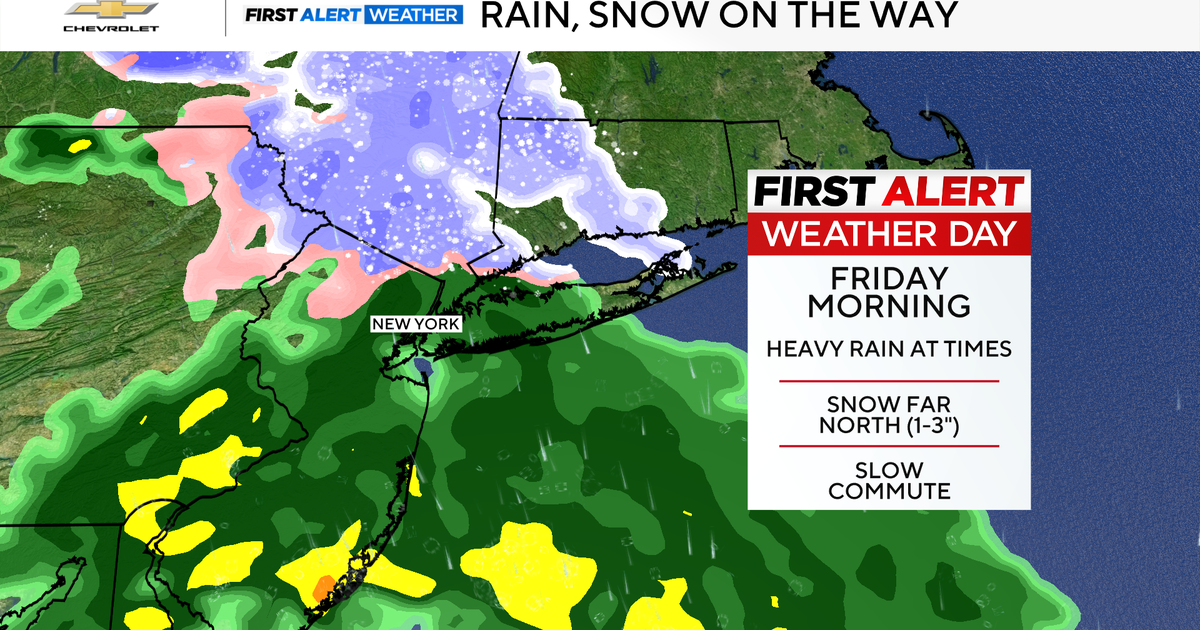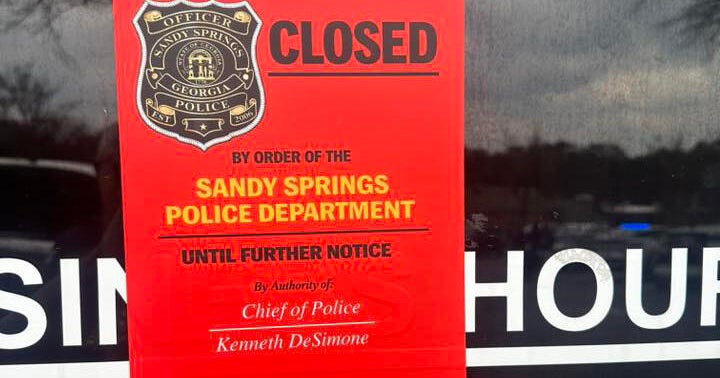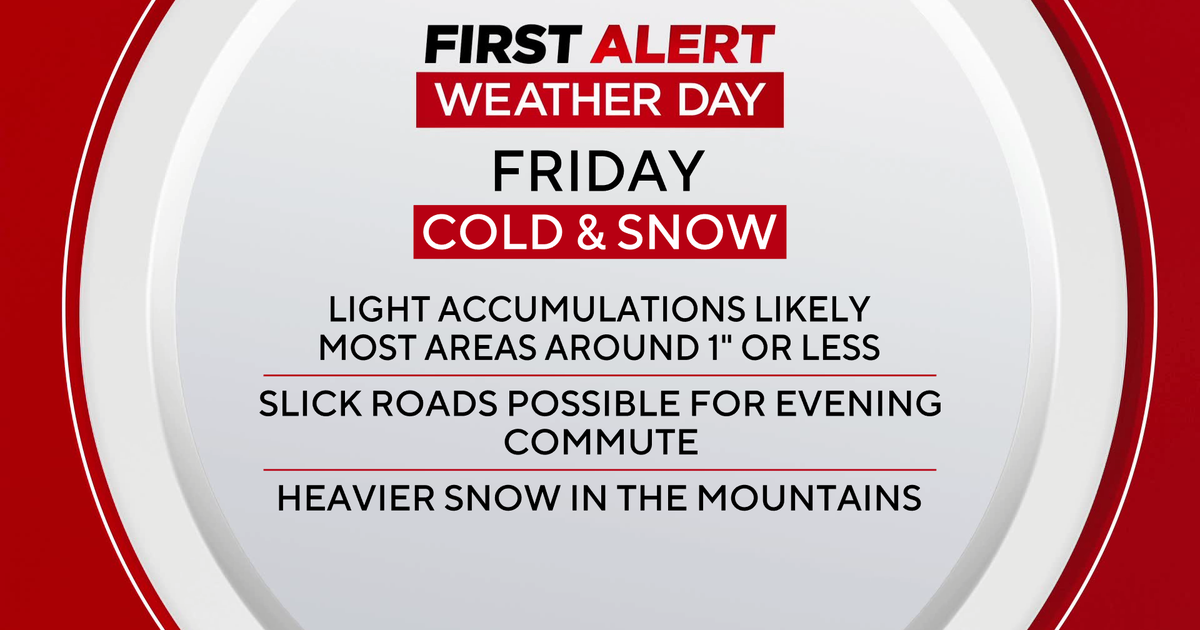Experts Offer Tips On How To De-Stress During Mega Commutes
LOS ANGELES (CBSLA.com) — It's no secret lengthy commutes can lead to increased levels of stress.
But as one Pacific Palisades woman has learned, mega commuters like many Angelenos are at an increased health risk because of the time they spend on the road.
Jahna Perricone drives to her job in Palos Verdes regularly. A singing teacher, her daily commute also involves treks to Beverly Hills and Culver City, meaning she spends a large part of the day in her car.
"Sometimes I'm mad when I'm in traffic. I'm so frustrated," she told CBS2.
Mega commuters - a demographic that classifies those who drive the worst of the worst commutes, spending at least 90 minutes and driving over 50 miles to get to their jobs - make up the highest number of commuters in the U.S. crossing county lines for work.
L.A. drivers like Perricone are, not surprisingly, among the highest-ranking in that group nationwide.
According to a recent five-year study conducted by the U.S. Census Bureau, nearly 12 percent of all Los Angeles workers commute 60 minutes or more, compared with about 8 percent in the nation as a whole.
The largest flows of commuters crossing county lines are workers driving between Los Angeles and Orange County. Those commuters rank fourth and fifth in the nation for leaving county lines to drive to work.
Dr. Nicole Garcia, a family practitioner at BodyLogicMD in Irvine, specializes in testing for cortisol, otherwise known as the stress hormone.
She says traffic plays a major factor in increasing stress in commuters like Perricone, who agreed to participate in a cortisol saliva test to determine if her lengthy commute could be harmful to her health.
"Cortisol is a hormone we need in our body for energy. It help us focus. It helps our mood be uplifted," Dr. Garcia explained. "But if it's too high it can actually cause harm in our bodies. So what we're trying to see is the affect of traffic."
Perricone, who said she partakes in a healthy lifestyle, gave saliva samples between each point of her travel, starting at 10:30 a.m. at her home in Pacific Palisades.
That sample was followed by another at 12:06 p.m. upon her arrival in Palos Verdes, another at 1:45 p.m. upon her arrival her next work location in Santa Monica, and a final upon her arrival back home in Pacific Palisades at 5:30 p.m.
Garcia's analysis found Perricone's cortisol levels "really low" in the morning, just after Perricone had meditated.
The second test saw the levels plummet.
"Our natural cortisol levels are higher in the morning and it gradually tapers down as the day goes on," Dr. Garcia explained. "But hers went off the graph... in the middle of the day, which clearly correlated with her drive," she said.
Diana Winston, Director of Mindfulness Education at UCLA, said there is hope. Traffic stress, she insisted, is just a mind game. She advises irritated commuters to simply take a breath.
"If you're driving you're thinking, 'I'm going to be late, something's wrong. It's really going to be bad,' then you're causing yourself a huge amount of stress and anxiety," she said.
"We can actually re-frame our commute as a time possibility, that our commute can be a time of peace and ease and relaxation rather than one of stress if we have the right mental state."
Winston, who is also author of the book Fully Present, said leaving early can avoid building anxiety about being late, making the car a peaceful environment, and cutting off phone use are just a few ways drivers can de-stress during long commutes.
"We get lost in that and we get disconnected from ourselves and that doesn't allow us time to just relax and breathe," she explained.
Dr. Garcia agreed. She also urged commuters to take a broader look at how they approach their daily lives.
"It's important for people to take a look at everything in their life," she said. "Their work schedule, how much time it's taking them to work - not only that commute to work - how much time do they have left to spend with family?"
"If you look at those things and that's the picture - they probably need to make some adjustments," she said.
To find out more about the length of your daily commute, you can download data here.







